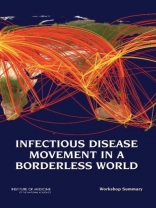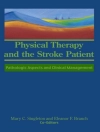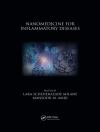Modern transportation allows people, animals, and plantsand the pathogens they carryto travel more easily than ever before. The ease and speed of travel, tourism, and international trade connect once-remote areas with one another, eliminating many of the geographic and cultural barriers that once limited the spread of disease. Because of our global interconnectedness through transportation, tourism and trade, infectious diseases emerge more frequently; spread greater distances; pass more easily between humans and animals; and evolve into new and more virulent strains.The IOM’s Forum on Microbial Threats hosted the workshop "Globalization, Movement of Pathogens (and Their Hosts) and the Revised International Health Regulations" December 16-17, 2008 in order to explore issues related to infectious disease spread in a "borderless" world. Participants discussed the global emergence, establishment, and surveillance of infectious diseases; the complex relationship between travel, trade, tourism, and the spread of infectious diseases; national and international policies for mitigating disease movement locally and globally; and obstacles and opportunities for detecting and containing these potentially wide-reaching and devastating diseases. This document summarizes the workshop.
Board on Global Health & Forum on Microbial Threats
Infectious Disease Movement in a Borderless World [EPUB ebook]
Workshop Summary
Infectious Disease Movement in a Borderless World [EPUB ebook]
Workshop Summary
قم بشراء هذا الكتاب الإلكتروني واحصل على كتاب آخر مجانًا!
لغة الإنجليزية ● شكل EPUB ● صفحات 322 ● ISBN 9780309151979 ● محرر Alison Mack & David A. Relman ● الناشر National Academies Press ● نشرت 2010 ● للتحميل 3 مرات ● دقة EUR ● هوية شخصية 7149441 ● حماية النسخ Adobe DRM
يتطلب قارئ الكتاب الاليكتروني قادرة DRM












